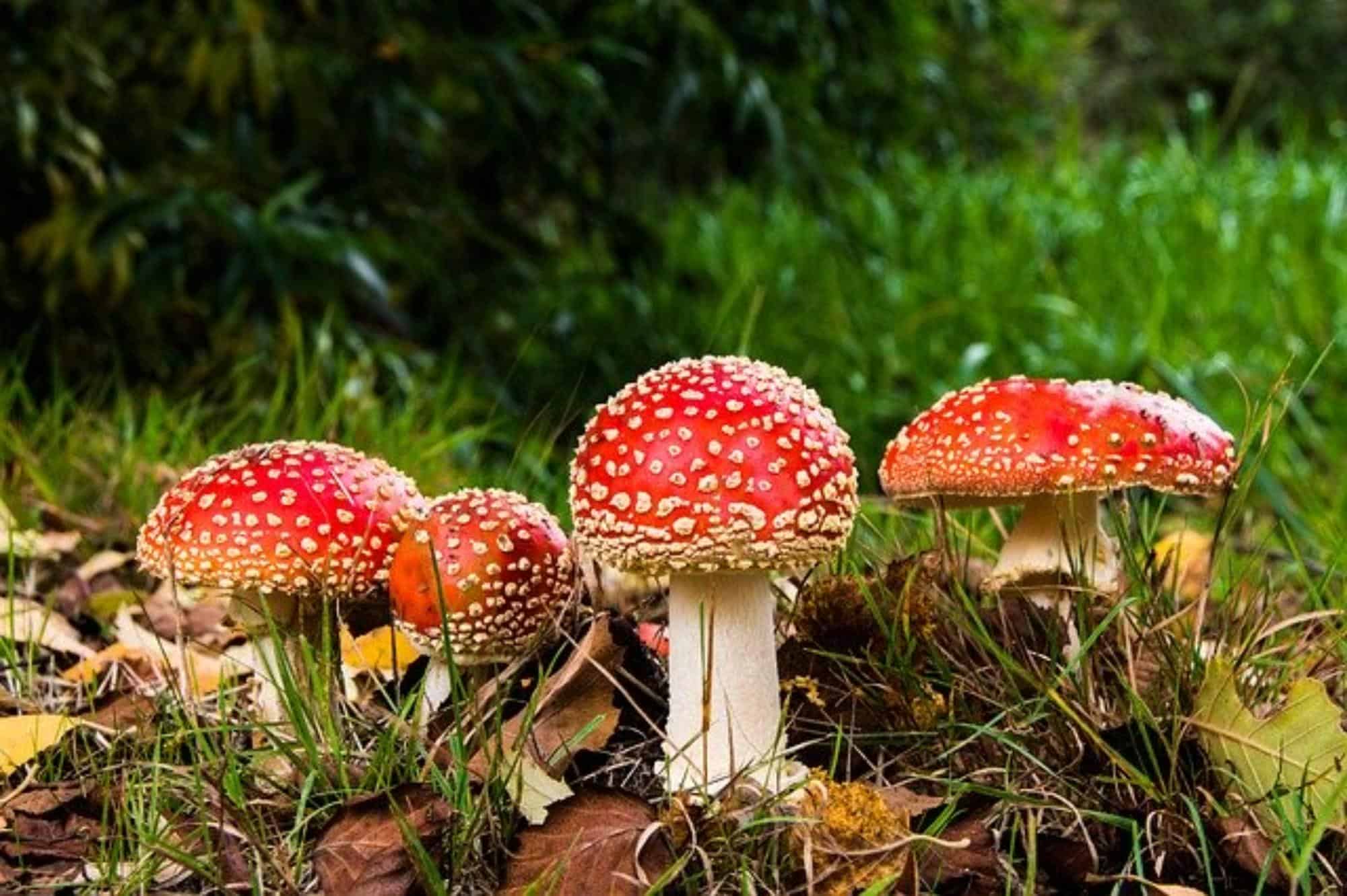Staying Alert To The Risk Of Accidental Poisoning Includes Awareness Of Potentially Hazardous Substances In Your Home
Millions of people every year are harmed by substances found in their home. Exposure to toxins results in death for some. Pegasus home health care professionals in Tujunga and elsewhere offer tips for staying alert to the risk of accidental poisoning.
Harmful substances may be absorbed, inhaled, injected, or swallowed. Substances are poisonous when they impair body function. Although most accidental poisoning victims are children, your senior loved one is also at risk.
Poisoning results in several ways, including:
- Substances that are not meant to be consumed. These include household cleaners, personal care items, and certain plants.
- Substances that are safe unless consumed in large amounts. These include medications, herbs and supplements, and alcohol.
- Food poisoning. This may be from bacteria, viruses, or parasites. It’s also the result of contamination from poor food handling.
- Heavy metals. That’s most common in older homes in which the lead-based paint has not been removed. It can also result from contaminated water supplies.
- Venom. The bites and stings of certain insects and animals can range from mild to life-threatening.
- Airborne substances. Carbon monoxide is the biggest culprit, but fumes from gasoline, insecticides, and household cleaners are poisonous when inhaled.
Sometimes preventing accidental poisoning just means being aware of the danger.
Sometimes you need to remove access to products or substances. You already closely supervise your children. If your senior loved one is cognitively impaired, you may have to monitor them as well.
Your senior loved one may take a variety of medications. It’s very easy to get confused about dosage and timing. Labels on prescription bottles are difficult to read.
Children are not only curious but also tend to imitate adults. Whatever they see an adult eat, drink, or do, that’s what they will try. That’s why everything has to be kept out of their reach.
Homes Are Full Of Hazardous Substances
The vast majority of accidental poisonings occur in the home. Carbon monoxide kills hundreds of people each year. Along with smoke alarms, install carbon monoxide alarms in your home.
Children or confused seniors are unlikely to consume laundry detergent powder. However, bright-colored laundry pods look like candy. They’re quickly popped into the mouth and swallowed.
One danger of which you may not be immediately aware is button batteries. They’re found in a huge variety of products, including children’s toys. They are another item that’s quickly swallowed.
Your senior can accidentally drop hearing aid batteries, which are tiny and tend to roll out of their sight. Your little ones have no trouble spotting them. Sometimes batteries pass through the system without harm, but sometimes they don’t.
Tips for reducing the risk of poisoning from household substances include:
- Keeping all products and medications in their original, childproof containers
- Leaving original labels on all products and medicines
- Storing products and drugs out of reach
- Avoiding allowing children to play with harmful products or referring to medicines as “candy”
It depends on your senior’s cognitive ability as to the steps you need to take to keep them safe.
Seniors Are Vulnerable
Changes in your senior loved one can leave them vulnerable to accidental poisoning, even when they are not cognitively impaired. Their senses aren’t as acute as when they were younger. Their vision declines, and one medication is mistaken for another.
They may not see or hear smoke or carbon mono alarms. Their ability to taste or smell also deteriorates. They may eat several mouthfuls of contaminated food before noticing that it’s “off.”
Poisoning in seniors is fatal more often than it is in healthy younger individuals. Seniors take more medications than younger people. Their medications are often stronger, as well as interacting with other drugs.
They may be combining prescription drugs with over-the-counter or herbal products, unaware of interactions. Chronic medical conditions and weakened immune systems keep them from recovering when mistakes occur.
Symptoms And Taking Action
How do you know whether it’s poisoning if your child or senior is acting strangely? Ask questions calmly. If they’re frightened, you likely won’t get an accurate answer.
Keep in mind that poisoning can look like other conditions. Determine first if your senior has consumed too much alcohol. Make sure they aren’t having a stroke, heart attack, or reaction to insulin.
Scan for clues in the immediate area. Look for:
- Anything that seems out place or unusual
- Empty pill bottles
- Odors or stains
- Scattered pills or packaging
Evaluate the child’s or senior’s actions and reactions. Are they acting guilty or trying to hide something? Check for the following:
- Confusion
- Difficulty breathing
- Drowsiness
- Chemical smell on breath
- Redness or burns around mouth or on face (a child might have tried to eat a medicated patch or rubbed it on their face)
- Vomiting
Get help immediately if they have seizures, lose consciousness, or stop breathing. Do not induce vomiting unless advised to do so by emergency personnel.
Pegasus is a licensed Home Care Organization and a Joint Commission Accredited Home Health Care organization. Our complete home health care services in Tujunga and our other locations include medication management and meal preparation. Our goal is to keep your loved ones living safely at home.

